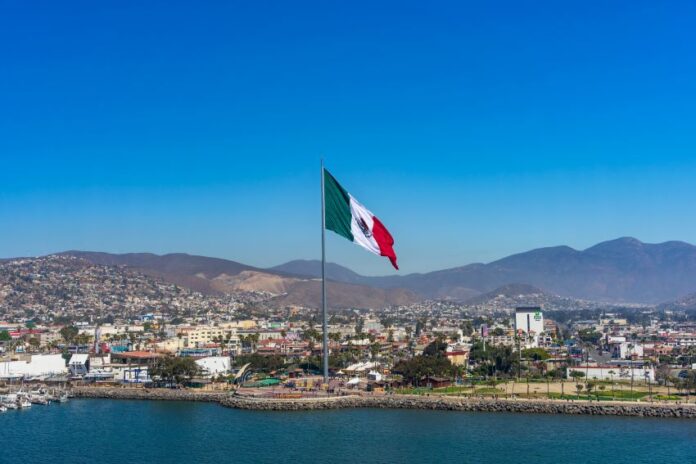The city of Ensenada in Baja California plans to invest just over US $300 million (5.74 billion pesos) in public works to boost nearshoring activities, the president of the Ensenada Business Coordinating Council, Julio Alberto Salinas López, said.
Ensenada, located about an hour south of the border with the United States, is preparing for at least 10 new high-technology multinationals to enter the local market within the next three years, according to Salinas.
Projects include the expansion of the El Sauzal seaport and the construction of an international cargo airport. Infrastructure works will include dredging and the expansion of breakwaters to accommodate deeper-draft vessels, aimed at enhancing the region’s trade routes.
Earlier this year, the business group Mexican Construction Companies in Ensenada (Comice) announced the 1,000-hectare “Ciudad Jatay” project, which will feature an industrial park, a technology park, housing and services to be developed in five to ten years.
“The goal is to turn Ensenada into a hub for economic development, as we have privileged conditions — two ports, a new airport, binational connectivity, industrial zones and clean energy,” Salinas said during an interview with the newspaper Milenio published on Monday. “All of this is aligned with a strategy we designed over three years ago.”
The city is focusing on attracting capital in three priority sectors — electronics, biotechnology and green energy. Salinas expects Baja California’s strong infrastructure, clean energy, qualified talent and proximity to the United States to attract investors.
The state government is currently working with the Economy Ministry to gain nationwide recognition as a hub of innovation, according to Salinas.
Obstacles to overcome
According to Salinas, reducing bureaucracy could help boost investment in the region.
“Five years ago, it took up to 18 months to set up a business; however, today, with support from the local government and working groups, we’ve managed to reduce that to half a year,” said Salinas. “But there’s still work to be done… we had 130 state procedures, and we’ve already reduced that to 70, [now] we need to incorporate artificial intelligence, one-stop shops and online systems.”
He also cited Ensenada’s problem of talent drain.
“Around 15% of graduates go to other parts of the country or abroad, as most are recruited by the state of California,” said Salinas. “That’s why we need companies that offer better salaries and quality of life.”
The economic benefit of the works is expected to exceed 12 billion pesos (US $636 million) over the next decade, according to Salinas.
With reports from Milenio and La Jornada
